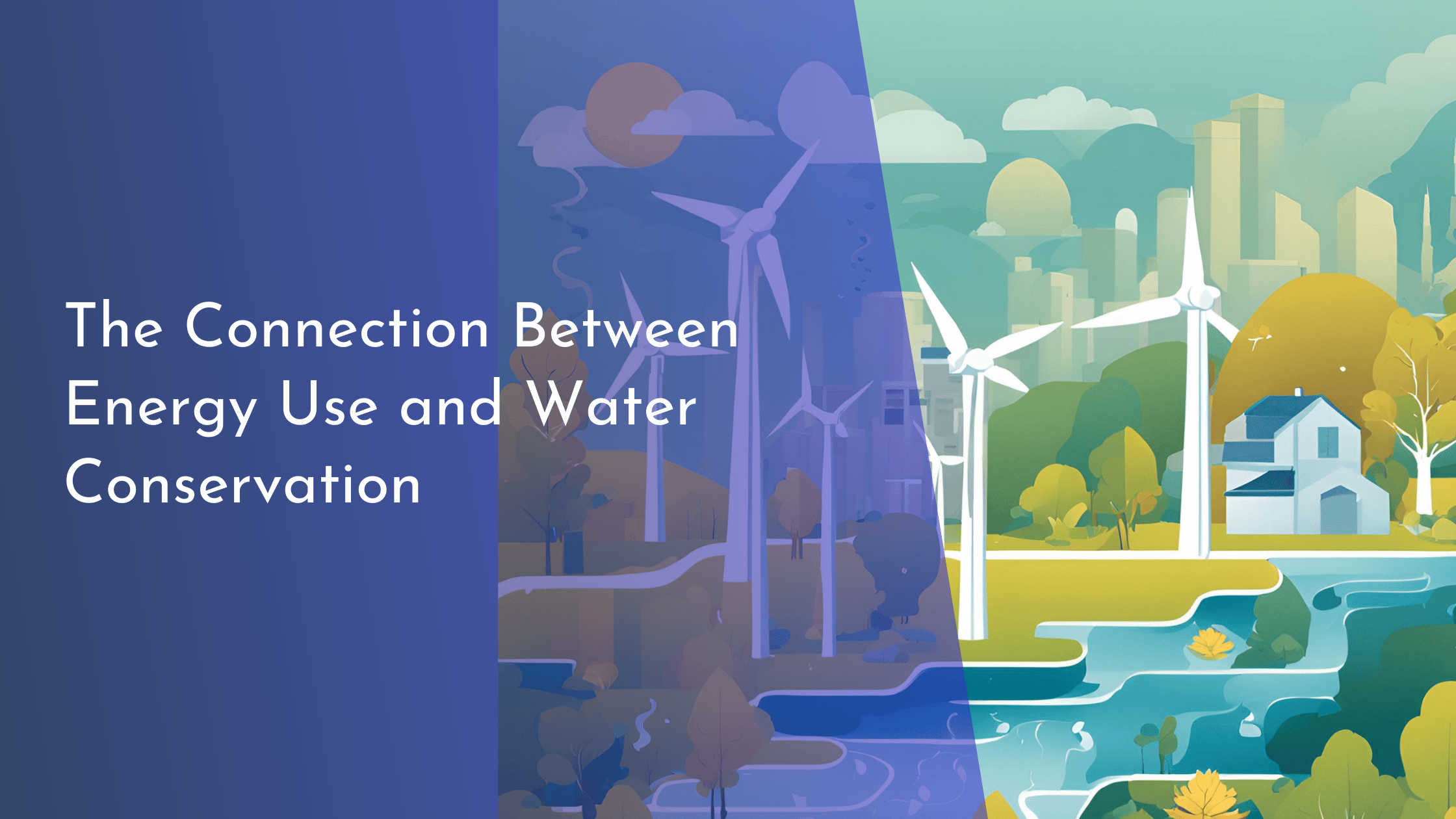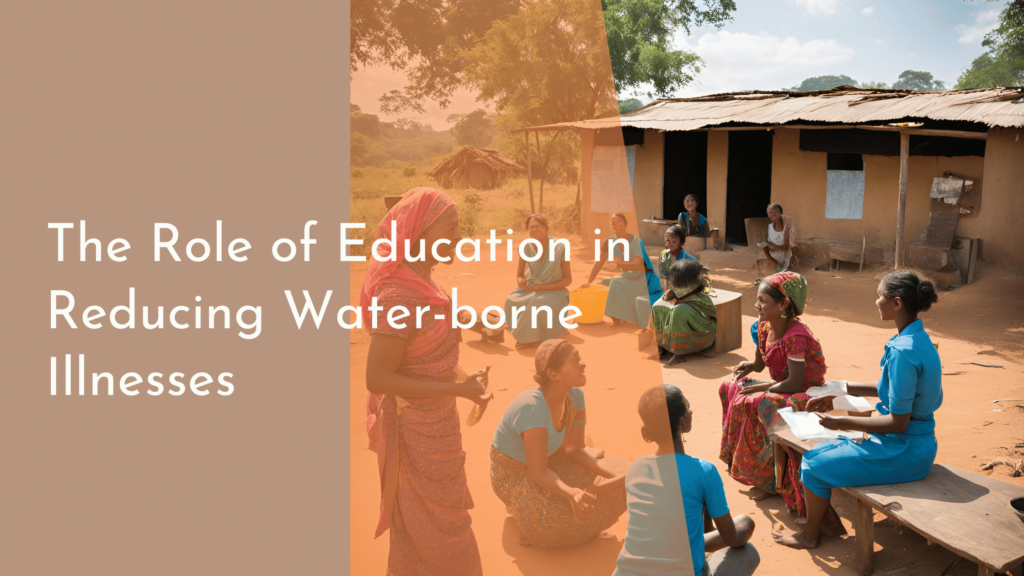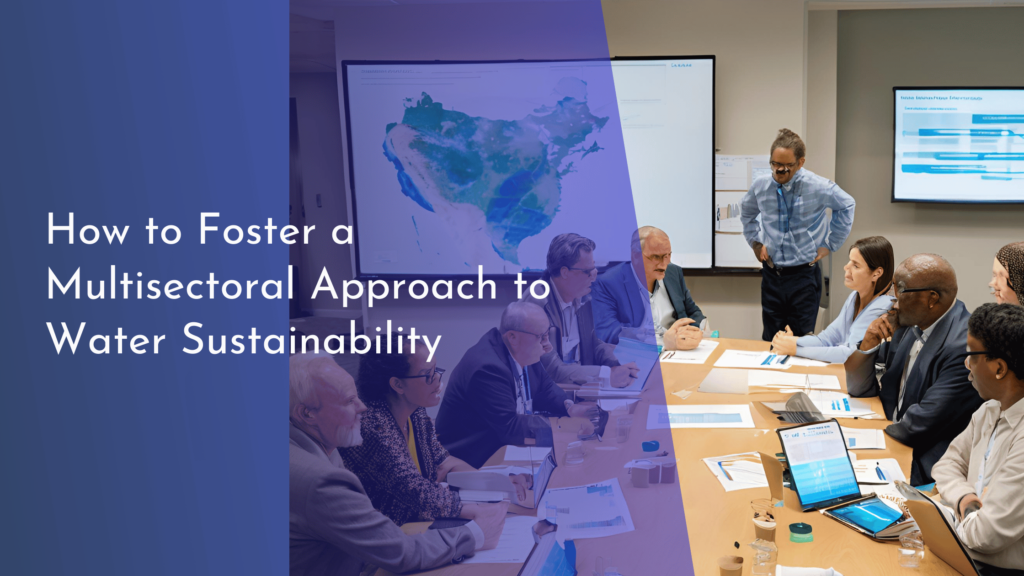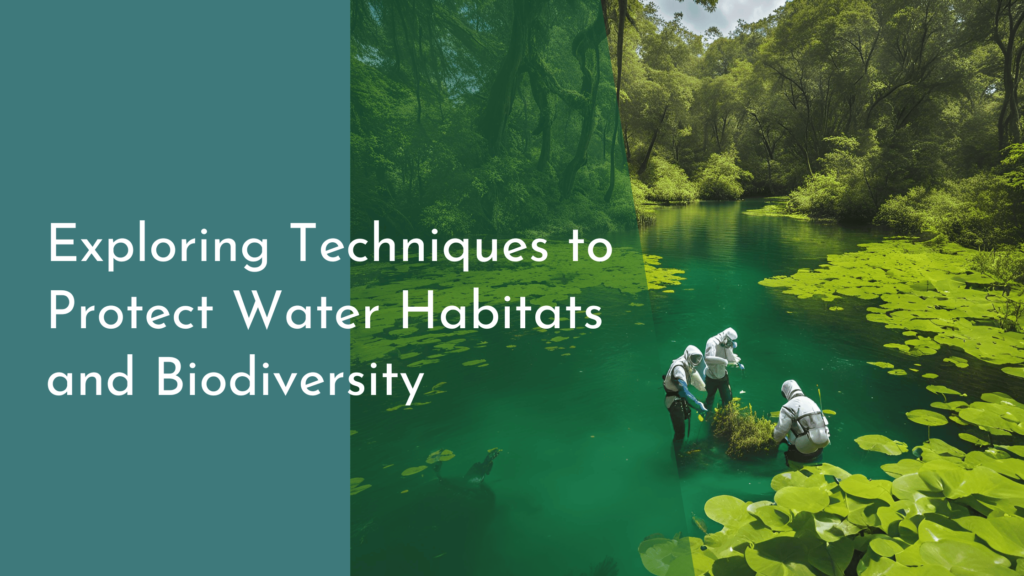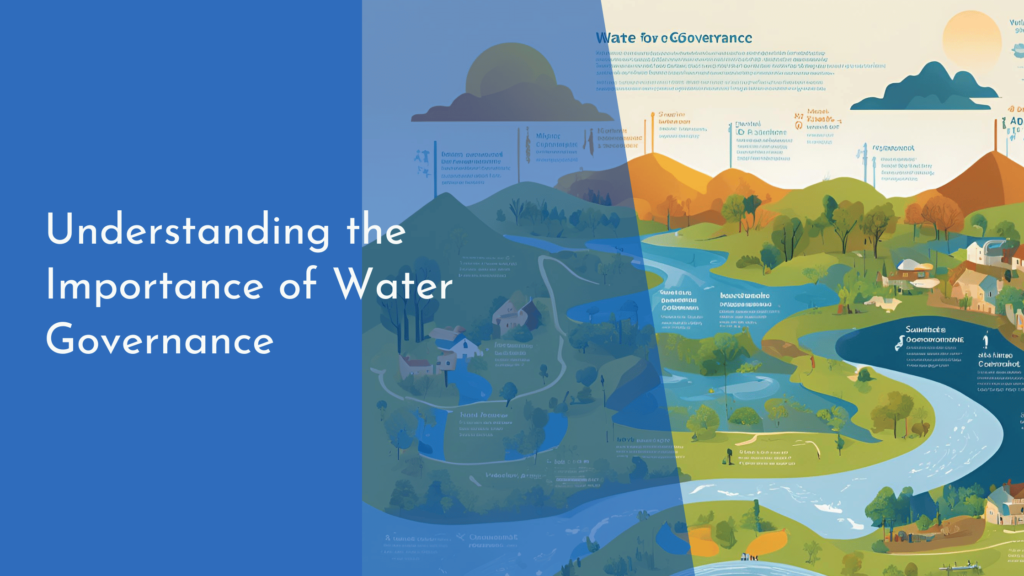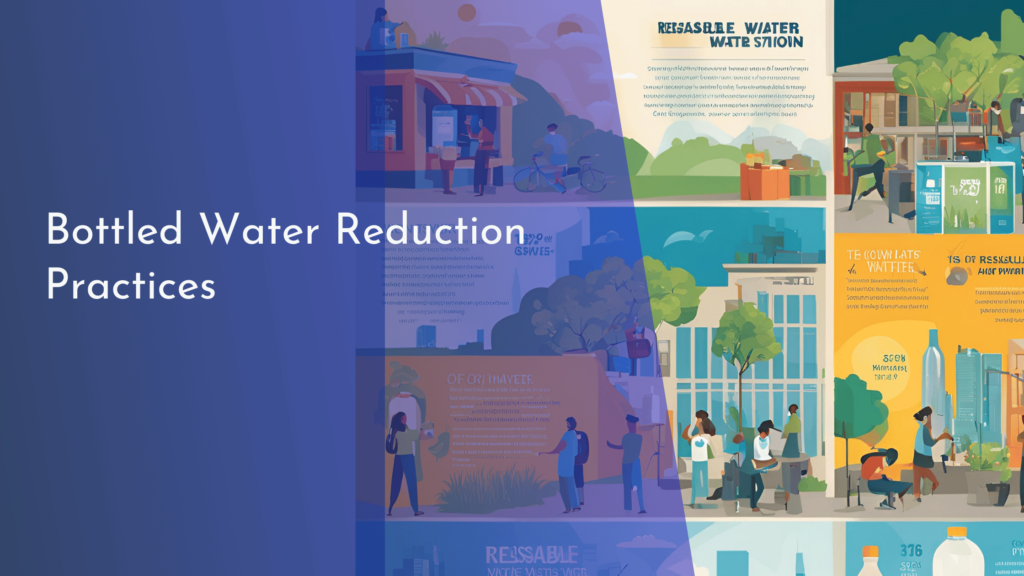The Connection Between Energy Use and Water Conservation
The symbiotic relationship between energy and water is often overlooked, yet it plays a crucial role in shaping our environment and daily lives. As we strive for a sustainable future, understanding the interdependency between these two resources becomes imperative. This article explores the intricate connection between energy use and water conservation, highlighting the impact of our energy consumption on water resources and offering strategies to reduce waste, ultimately aiming for a harmonious coexistence.
Understanding Energy and Water Interdependency
Energy and water are inextricably linked, forming a complex relationship often referred to as the energy-water nexus. Energy is essential for extracting, treating, and transporting water, while water is crucial for generating electricity and cooling power plants. This interdependency highlights the importance of managing both resources efficiently to avoid shortages and ensure environmental sustainability. As global demand for energy and water increases, recognizing their interconnected nature is key to developing effective conservation strategies.
The energy-water nexus is evident in various processes, such as hydropower generation, which relies on water flow to produce electricity. Conversely, thermoelectric power plants require vast amounts of water for cooling purposes. With climate change and population growth exerting pressure on both resources, understanding this relationship becomes vital for policy-making and promoting conservation efforts. By addressing the energy-water nexus, we can ensure a balanced use of resources and mitigate the impacts of environmental challenges.
How Energy Use Affects Water Resources
Our energy consumption habits have a significant impact on water resources. Fossil fuel extraction, for example, often involves water-intensive methods like hydraulic fracturing, which can lead to water depletion and contamination. Similarly, biofuel production requires large volumes of water for irrigation and processing. As energy demands rise, these practices can strain local water supplies and disrupt ecosystems, making efficient energy use crucial for water conservation.
Electricity generation is another area where energy use affects water resources. Thermoelectric power plants, which account for a significant portion of global electricity production, require vast amounts of water for cooling. This not only competes with agricultural and municipal water needs but also contributes to thermal pollution, affecting aquatic life. By reducing energy consumption and transitioning to renewable energy sources, we can alleviate the pressure on water resources and promote a healthier environment.
Strategies for Reducing Energy and Water Waste
Adopting energy-efficient appliances and practices is a straightforward way to reduce both energy and water waste. Energy-efficient washing machines and dishwashers, for instance, use less water and electricity, leading to substantial savings. Simple habits, such as turning off lights when not in use and fixing leaks promptly, contribute to conserving both resources. By embracing efficiency, individuals can play a significant role in reducing the overall demand for energy and water.
Transitioning to renewable energy sources is another effective strategy for conserving water. Solar and wind power generation require minimal water compared to conventional power plants, making them ideal alternatives. Implementing water-saving technologies, such as low-flow fixtures and rainwater harvesting systems, can further decrease water usage. By combining these approaches, communities can significantly reduce their environmental footprint and create a more sustainable future.
Conclusion: Creating a Sustainable Future Together
As we move towards a sustainable future, recognizing and addressing the connection between energy use and water conservation is paramount. By understanding how our energy consumption impacts water resources, we can make informed decisions that benefit both the environment and future generations. Through collective efforts in reducing energy and water waste, we can pave the way for a balanced and resilient ecosystem.
Embracing a holistic approach to conservation ensures that we utilize resources responsibly, fostering a harmonious coexistence between nature and human development. By implementing energy-efficient practices and embracing renewable energy, we can safeguard water resources and reduce our ecological footprint. Together, we can create a sustainable future that supports both our planet and our quality of life.

